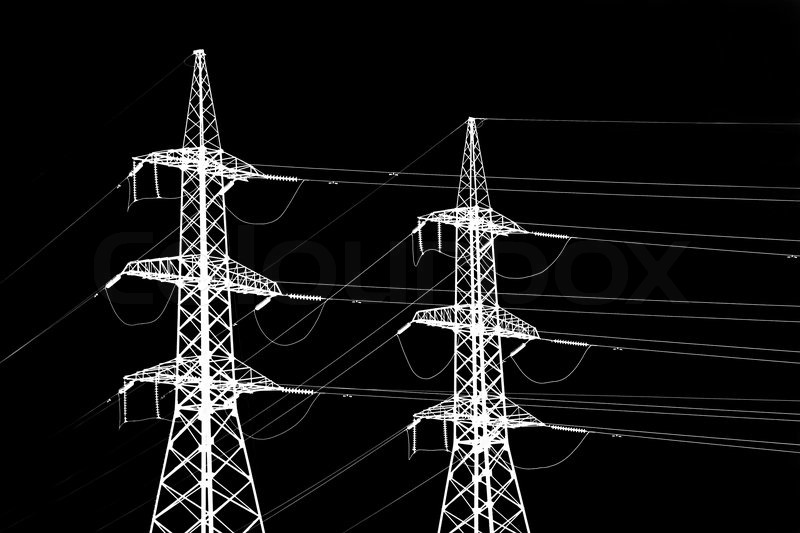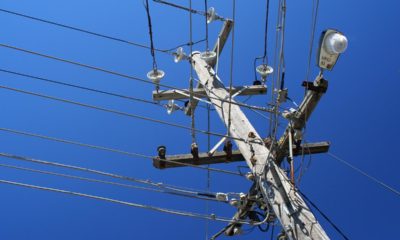- FG, Discos Need $4.3bn to Improve Power Supply – TCN
Power distribution companies require $4.3bn to recapitalise in order to effectively invest in their networks nationwide and improve electricity supply, according to a study conducted by the Transmission Company of Nigeria.
TCN also stated that the Federal Government, which owns 40 per cent stake in each of the 11 power Discos in the country, should provide 40 per cent of the $4.3bn, which is about $1.7bn.
This, according to the study, will help correct some of the mistakes that were made when the power sector was privatised and handed over to private investors in November 2013.
Explaining some of the findings of the recent study in Abuja on Monday, TCN’s Managing Director, Usman Mohammed, said, “To correct the wrong in power distribution, we have to recapitalise the Discos. To recapitalise the Discos, the investors have to bring new money and that means they have to bring new partners. And what we are saying is that the government cannot be passive anymore.
“The intention was that the government would own 40 per cent in the firms, but it will have a nominal interest and that is why it is represented by one director, while the 60 per cent that is owned by the Discos or the private sector in each of the firms will be represented on the board by six directors.”
He added, “But we are now saying that it should not be so. Government ownership should be represented by four directors proportionate to the investment. And we are saying the government should bring its own 40 per cent capital. We have simulated the grid to determine the investment requirement of the Discos and we have come with $4.3bn.
“When this is divided based on our study, you are going to get about $500m per Disco and we believe our study is credible. So, we are saying the government should bring its own 40 per cent of $4.3bn, which is about $1.7bn. We also said that this money can be raised.”
On how the fund could be raised by the government, Mohammed stated that the Federal Government was expecting about $1bn from the World Bank for distribution expansion, adding that an additional $1bn was also expected from other international financial institutions.
He said, “The government was supposed to collect about $1bn from the World Bank for the Discos. Let it put that $1bn to finance the recapitalisation of the Discos. We know that the African Development Bank and the World Bank are talking about another $1bn for distribution expansion. We are saying that the money should also be put into the recapitalisation of the Discos.”
The TCN boss called on the Nigerian Electricity Regulatory Commission to come up with a regulation that would ensure that the money that would be invested in distribution would be adequately managed.
Mohammed said, “The NERC should come up with a regulation that is consistent with the declaration at ECOWAS that all procurement of the Discos and transmission, as well as other agencies in the sector, should be done competitively.
“This will ensure that the money that will come in cannot be squandered by people who give contracts to their cousins and wives. If we do that and we get this money that is coming in, $1.7bn on the side of government, we will insist that the owners of Discos should also bring the same type of money.
“They should not bring money from commercial banks. They should bring their own 60 per cent. This money from international financial institutions has a repayment period of about 20 years at least and a moratorium period of about five years.”

 Forex3 weeks ago
Forex3 weeks ago


 Naira2 weeks ago
Naira2 weeks ago
 Billionaire Watch2 weeks ago
Billionaire Watch2 weeks ago




 Naira2 weeks ago
Naira2 weeks ago




 Naira2 weeks ago
Naira2 weeks ago




 Naira1 week ago
Naira1 week ago




 Naira4 weeks ago
Naira4 weeks ago




 Naira3 weeks ago
Naira3 weeks ago


















